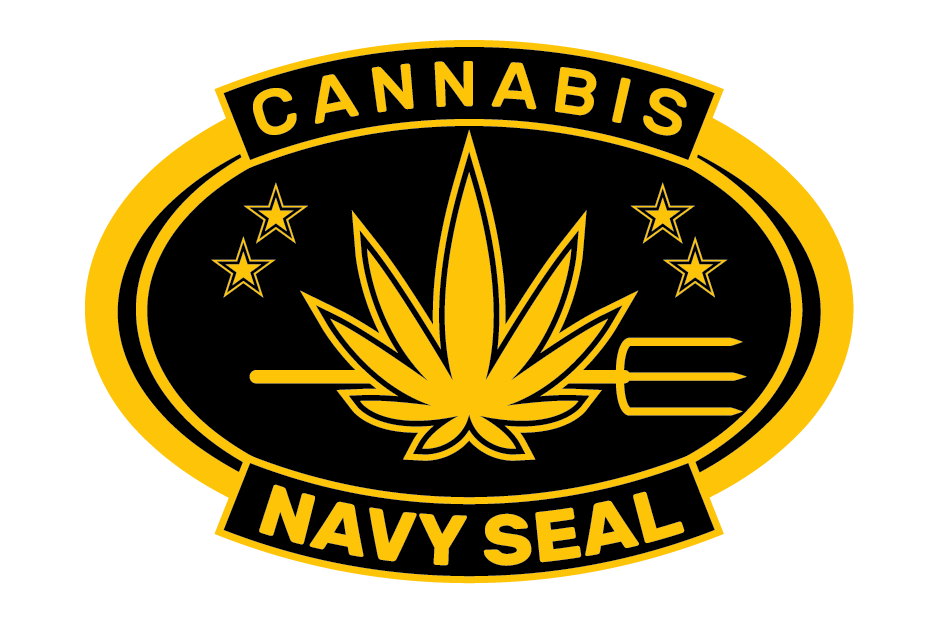Should Military Veterans Have Cannabis Rights Nationwide?
Across the United States, the question of whether military veterans should have nationwide cannabis rights is becoming a pressing policy issue. As more states legalize cannabis for medical or recreational use, veterans are often caught in a gray zone—where state protections may exist but federal restrictions still apply. This policy divide raises serious concerns about equitable healthcare access, personal freedom, and the government’s responsibility to those who served.
The Federal-State Conflict
Cannabis remains classified as a Schedule I substance under the Controlled Substances Act, meaning the federal government considers it to have “no accepted medical use” and a high potential for abuse. This classification directly affects veterans who rely on the U.S. Department of Veterans Affairs (VA) for healthcare. Although veterans in legal states may use cannabis privately, VA doctors cannot prescribe or recommend it. In practice, this means a veteran in California can legally use cannabis for PTSD or chronic pain, while a veteran in Texas risks arrest or the loss of benefits for doing the same.
This inconsistency has created a patchwork of access where treatment depends on geography, not need. For a group that has already sacrificed for national service, such inequity can feel unjust.
The Medical Case for Veteran Cannabis Access
A growing body of research supports cannabis as a potential therapeutic option for conditions prevalent among veterans, including chronic pain, insomnia, anxiety, and post-traumatic stress disorder (PTSD). The National Academies of Sciences, Engineering, and Medicine has acknowledged evidence supporting cannabis for chronic pain relief. Moreover, studies suggest cannabinoids can reduce the use of opioids—an important finding given that veterans are twice as likely to die from opioid overdoses compared to civilians.
For veterans, cannabis is not just about recreation—it’s about alternative medicine and quality of life. Many report better sleep, reduced pain, and emotional stability when using cannabis responsibly. Denying them access, advocates argue, effectively denies them relief.
Policy Shifts and Congressional Momentum
Congress has begun to take notice. The Veterans Equal Access Act, introduced multiple times since 2014, would allow VA physicians to recommend medical cannabis in states where it’s legal. Similarly, the SAFE Banking Act and SAFER Banking Act—though more focused on financial reform—signal a growing willingness to address federal cannabis barriers.
Recent bipartisan initiatives have sought to fund research into cannabis treatments for veterans. In March 2023, the VA Medicinal Cannabis Research Act gained traction, mandating clinical trials to study safety and efficacy. These steps mark progress but fall short of the comprehensive reform needed to grant veterans nationwide cannabis rights.
Challenges to Implementation
Opponents often raise concerns about insufficient research, mental health risks, and regulatory complications. The VA maintains that without FDA approval, it cannot formally endorse cannabis as a treatment. Furthermore, federal prohibition complicates drug testing, employment, and firearm ownership—issues of particular concern for veterans navigating civilian life.
Still, the argument for reform rests on balancing caution with compassion. Veterans have unique healthcare needs, and the current prohibitionist stance ignores both scientific evidence and lived experience.
A Call for Nationwide Policy Alignment
For nationwide cannabis rights to materialize, Congress must reconcile state autonomy with federal oversight. Reclassifying cannabis under the Controlled Substances Act—likely to Schedule III, as the DEA has recently considered—could open the door to VA research, prescriptions, and insurance coverage.
Uniform cannabis rights for veterans would not only modernize federal drug policy but also demonstrate gratitude through tangible healthcare reform. As the nation continues to debate legalization, ensuring that those who served can legally access therapeutic cannabis is not just a policy decision—it’s a moral imperative.
